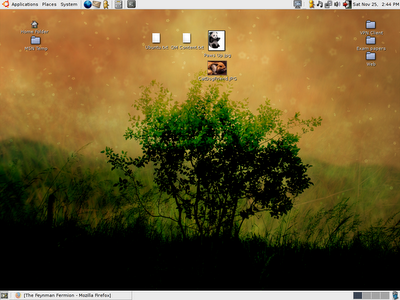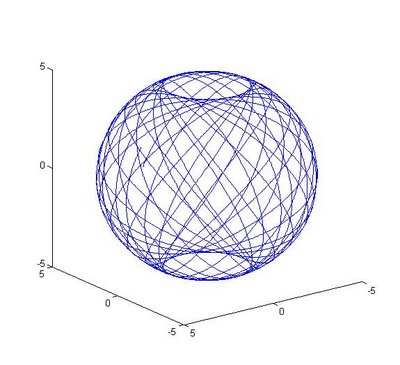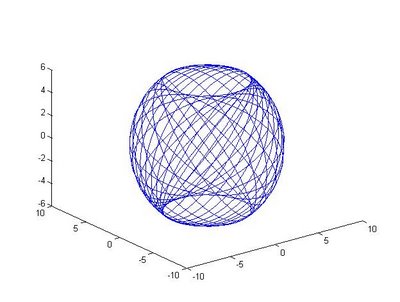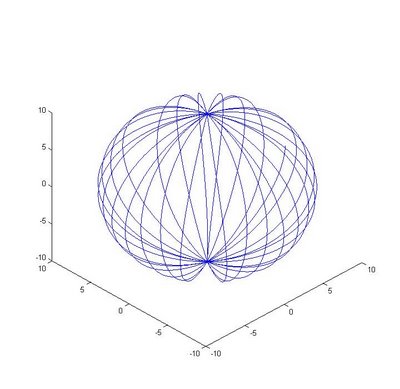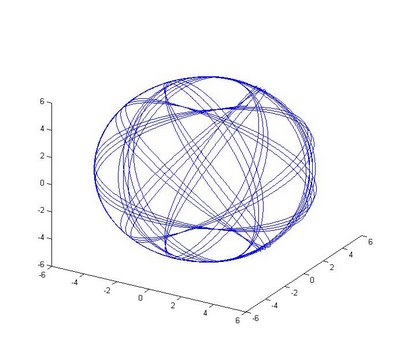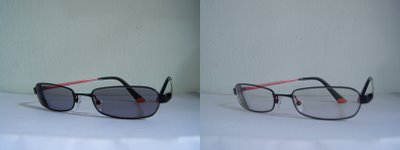"This freedom to doubt is an important matter in the sciences and, I believe, in other fields."- Richard Feynman
Science is erected upon the idea of fallibility. Uncertainty and doubt is always a key in science: a key to further developments, a key to greater knowledge and a key to a more precise theory. Although this was not apparent in the long history of science that was mired with philosophy and bogged down by authority, it became clear in the 20th century where old, firm, well established theories get overthrown by new, bizarre, radical ones, insofar as it becoming one of the tenets of the scientific method. In fact, science is, in a way, about overthrowing theories.
For example, Newton's laws formed the pillars of physics, but if there had been no doubt about it being the "truth", then the laws of relativity and electromagnetism would not have emerged, and we would have little of the knowledge and technological advances we enjoy today. Similarly, the geocentric model of the Universe would not have been replaced by the heliocentric model if Copernicus, Galileo and Kepler had not challenged the authorities.
On the other hand, religion is founded on faith. There lies this basis which you have to believe, no matter how you question it. To begin with, there is always the presence of a god that one has to accept without physical proof. Usually, if not always, this basis is held as a Universal truth, defended vigourously and seldom challenged from within, falling apart only when it is thoroughly inconsistent with other better established field of knowledge (a title only which science is worthy of claim).
This is the crucial difference between science and religion. Science allows for corrections, allows itself to be wrong, to be challenge, to fall so as to rise up stronger. However, it is worth mentioning that it is, perhaps, due to this uncertainty and shaky footing that some prefers a religious (or alternative) explanation over a scientific one.
And on that note, I shall now proceed on to some hypothetical situations.
Suppose one day a time machine is built. I should say that a time machine is not theoretically impossible, but at the current stage practically unachieveable because of technological limits. (For more information, read
How to Build a Time Machine by Paul Davis. It is an excellent book targetted at the general audience.) Now observations of history are conducted with this time machine, such that they do not alter the past (so that we can avoid that irritating grandfather paradox and the likes of it).
Now, in this thought situation, some scientists, carrying detectors and video cameras and whatever equipment they have at their disposal, zoom back thousands of years into the past. When these scientists emerged from the time machine, they found themselves in totally nothing. Nothing. Then, as they are wondering if something had gone wrong with their apparatus, suddenly the sky began to glow. A blinding white light descended from above, so much so that they had to close their eyes.
A while later, the light faded, and the scientists open their eyes. To their shock, everything appeared: land, water, trees, animals, air, sun, stars, sky... and all appear as if they had been around for a long time. All these, recorded with the equipment, were brought back for analysis. Repeated tests were done, difference scientists went, more detectors were brought along, and the same thing happened at that very same time. And before that time, it was the same Nothing that surrounds them.
The scientists have no idea on how to explain this phenomenon. So they called for a convention in which the top brains and oddballs got together and debated at great lengths. Finally, they stepped out to the public and concluded that, for the lack of an alternative explanation, the general consensus is: a phenomenon similar to divine intervention has occurred. It appears that the Universe was created by a "higher" entity.
This is what I believe will happen in such an event due to the nature of science. Even though it may be hard to swallow, science will probably accept the reasoning of its age-old opponent.
Let's suppose another situation. Let's say that these scientists go back in time to around Jesus's supposed existence era. They went around searching in secret, listening to conversations of people. To their shock, they found that Jesus never existed, and that events such as the Crucifixion never occurred. They, just like in the hypothetical situation above, ran repeated tests, with more elaborate equipment as well as different people (with religious figures tagging along this time). But no matter how they probe, how they observe, how they searched, how they checked their equipment, it seems to appear that Jesus never existed.
(I must say that such a situation is highly unlikely, given the numerous independent accounts describing the same person and event, albeit each differing slightly. However, no matter how improbably an event is, it is not impossible.)
Now, being a non-believer of religion, such an event probably won't affect me at all. However, for those Christians who follow the Bible piously, will they be willing to accept the fact? That there is a major flaw in the book in which they place their basis on? In fact, broadening and generalising the argument, if one day science is able to produce evidence that contradicts any religion or major events in that religion, what will its followers do?
I do welcome one who has opinions to comment, since it is difficult for me to comprehend the thoughts of a religious person in such a situation. There is of course no right or wrong answer, and I must admit the situation I've set up is suffocating, but nonetheless I sincerely hope for opinions if you can afford it.
